While acknowledging that treatment with medication for attention deficit hyperactivity disorder (ADHD) is effective in the short term, researchers of a meta-analysis literature review have found that the use of a neurofeedback approach was found to have long-term positive effects in children with ADHD.
Neurofeedback is a noninvasive therapy used to train brain activity, visualizing Electroencephalography (EEG) waves on a computer screen via electrodes.
The study, “Sustained Effects of Neurofeedback in ADHD: A Systematic Review and Meta-Analysis,” appears in the February issue of European Child & Adolescent Psychiatry.
Researchers note that neurofeedback has gained increasing interest in the treatment of ADHD. Given learning principles underlie neurofeedback, lasting clinical treatment effects may be expected, they stated.
This systematic review and meta-analysis addresses the sustainability of neurofeedback and control treatment effects by considering randomized controlled studies that conducted follow-up (2–12 months) assessments among children with ADHD.
Method
The PubMed and Scopus databases were searched through November 2017. Within-group and between-group standardized mean differences of parent behavior ratings were calculated and analyzed. Ten studies met inclusion criteria.
Researchers of this study compiled data of more than 500 children with ADHD comparing the results of neurofeedback, active (medication), and “non-active” control conditions from 10 randomized controlled studies, and clinical benefit was assessed after a follow-up period of, on average, six months after treatment was finished. To critically interpret the data, researchers with different views on neurofeedback were selected to contribute to the study.
Limited long-term benefits
The mainstay treatment is medication, Martijn Arns, Ph.D., of Research Institute Brainclinics, neuroCare Group and Utrecht University, in the Department of Experimental Psychology, told MHW in an interview last week. “We know that it works in the short term, but there are limited long-term benefits.”
Larger studies have found that the efficacy of medication wears out as time progresses, he said. “It is well-known that there is a large need for effective treatment in the longer term,” Arns said.
Arns explained that some of the problems and concerns with neurofeedback as a treatment approach have to do with many “snake oil” offerings; however, there are neurofeedback applications that are found to be effective in the treatment of ADHD, using so-called “standard protocols” (i.e., theta/beta, slow cortical potential, and sensorimotor-rhythm neurofeedback). “The neurofeedback process involves hooking children up with EEG sensors and measuring in real time their brain activity and providing feedback on brain activity,” Arns said.
Bottom Line…
Researchers comparing methods of attention deficit hyperactivity disorder treatment in children say neurofeedback, a medication-free technique, has long-lasting effects beyond 12 months.
Source: Mental Health Weekly

